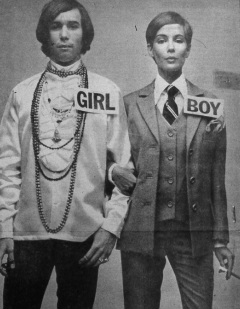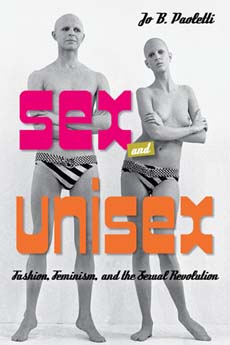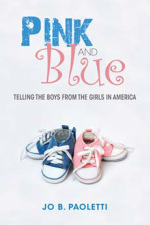
"for whatever reason, we began to feel more comfortable first with sex pure and simple, then with homosexuality and now with androgyny"
That was then and this is now, as they say. Clearly, some people thought that the culture wars over sex was over, even as it was just beginning. So, I wonder: what happened?


